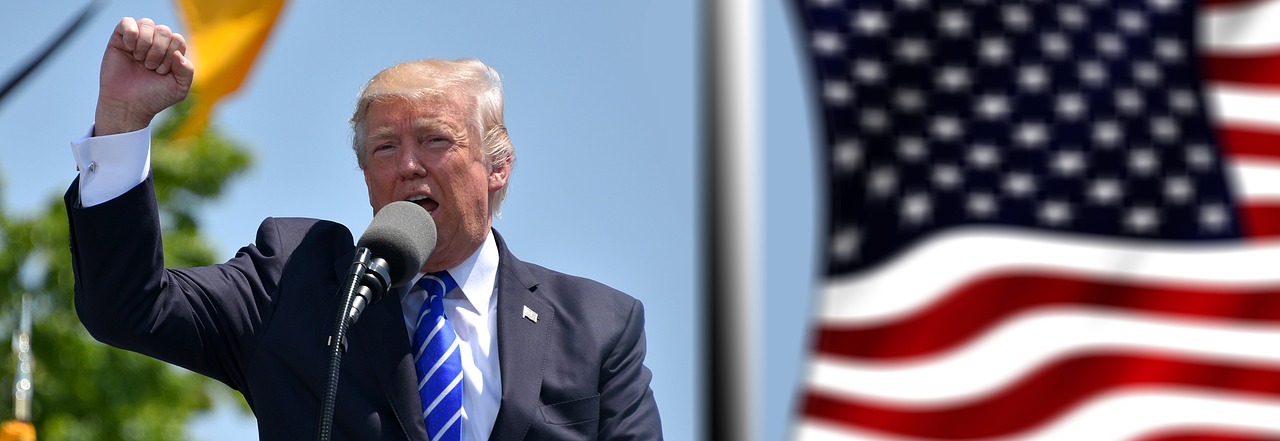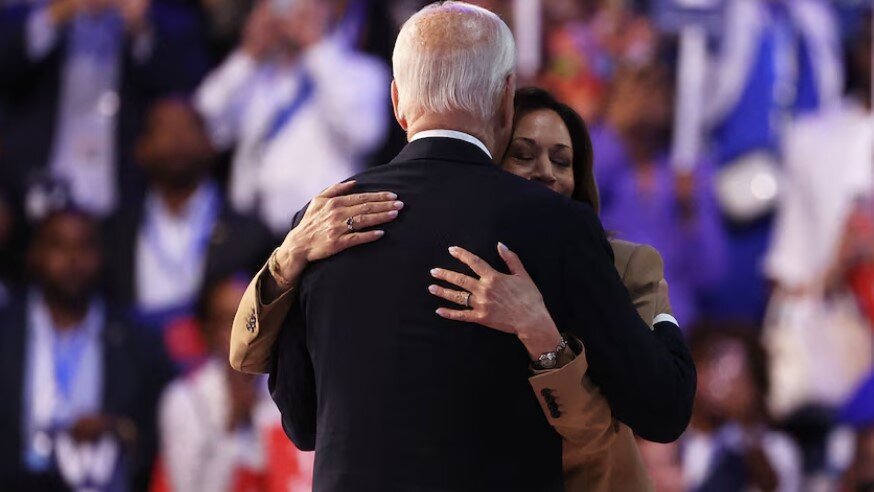When Donald Trump first ran for the US presidency in 2016 it was reported he was incapable of using a computer. But few would deny his journey from joke outsider to the Oval Office was in no small part down to his instinctive understanding of how to use big tech platforms to amplify his message and leverage controversy.
The man once dubbed the ‘Twitter President’ may now be more at home on Truth Social, but with X owner Elon Musk joining the incoming administration, and Meta making significant changes to the way it operates in anticipation of the new regime, there is little doubt the fortunes and future of tech and Trump are intricately entwined.
During his first stint in the Whitehouse, Trump’s hostile position on firms like Huawei and TikTok sent shockwaves through the global tech and political landscapes and was keenly felt in the UK. His 2025 outlook on technology suggests we are nearing another significant moment of US-instigated change for UK tech policy, with the impacts far reaching.
- Increasing tax, surging barriers for the UK
Trump’s first presidency saw threats of punitive tariffs on countries which imposed digital services taxes (DSTs) on the revenues of US-headquartered search engines, social media services and online marketplaces. There has been speculation that the second Trump administration plans to resume this rally against what they view as discriminatory taxes levied on American companies. Trump’s America First rhetoric has included frequent suggestions of new import tariffs, possibly as high as 20%, which would create significant cost barriers for businesses exporting to the US.
The issue is there is only one likely alternative for most DST regimes around the world – including the UK’s own. That is the OECD pillar 1 and 2 international taxation reforms. Trump is widely expected to reject participation in the OECD process, which – given the centrality of the US to the global economy – would cause it to crumble. This would leave DSTs globally in limbo, creating a global digital tax landscape defined by uncertainty and friction. In the face of this, the UK has two options – revamp the existing DST, which was always designed to be a blunt measure, or move away from the tax entirely in the face of retaliatory tariffs. The UK will certainly not be the only country forced into a policy dance to the changing tune of US decisions.
- Shifting approaches to tech
Elsewhere in the policy landscape, we are likely to see countries come under pressure from the US to shift to a more deregulated approach. This includes areas of emerging regulation such as AI, as well as policy areas where the UK has a more established position. We are already seeing US tech companies encouraging the incoming Trump administration to overturn perceived barriers to growth, which in the UK context would likely include the Online Safety Act and the Digital Markets, Competition and Consumers Act. The effects of this pressure are already being seen in the EU, which is reassessing ongoing probes into US tech companies under its own digital markets legislation.
With the political focus in the UK fixed on delivering growth, the government and particularly Chancellor Rachel Reeves will look warily at such developments. The rise in capital gains tax in her debut Budget led to concerns that UK startups may become flight risks, an issue compounded by challenging LSE listing rules. By stark comparison, Trump’s proposal to lower corporate taxes and commitment (thus far) to resist calls for tightening H1B tech visas in the US could make relocating company activities to the US undeniably attractive for some UK companies.
- The divergence of positions on online safety and AI guard rails
With new approaches to tech comes differing responses to perceived challenges in the space. Online safety is perhaps the biggest area of divergence, with a current desire in the UK to tighten “unsatisfactory” laws that do not go far enough, according to Technology Secretary Peter Kyle. This directly contradicts the current loosening of digital safety policies being championed by Republicans in the US and cheered on by Elon Musk. This disparity puts the UK and the US on a regulatory collision course, with Westminster’s pro-safety positioning running up against Washington’s new deregulation inclinations.
Contradictions also arise in other areas of emerging tech regulation such as AI. Earlier this week, Keir Starmer outlined his intent to “take the hand brake off” AI development, adopting a more progressive stance than Rishi Sunak’s previously cautious approach. When comparing this to Trump’s position on AI, which learns heavily towards minimal oversight, it could overshadow Starmer’s vision by pushing the boundaries of AI advancement even further, rendering the Labour leader’s approach conservative by comparison.
Thanks in part to self-regulation, companies such as Meta have responded quickly to the presumed policy priorities of the new Trump presidency and have already changed course on digital safety issues including fact-checking, identity verification, and DEI. This trend of adaptation will likely boom upon Trump’s inauguration.
The outlook for UK tech firms
Essentially, it’s clear that Trump’s return to the White House will have implications for every area of the tech sector. From trade and tariffs to shifts in global norms around AI and online safety, the impacts of Trump’s second reign will likely put the UK government on the defensive when it comes to policies and regulations.
For companies attempting to navigate this new landscape, it looks set to be a turbulent few years of change. Priorities will need to centre around maintaining a sharp focus on developments and agility in response. Communications, reputation and public affairs strategies will be put to the test and the potential impacts outlined in this article could well be just the tip of the iceberg.






